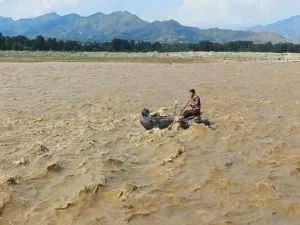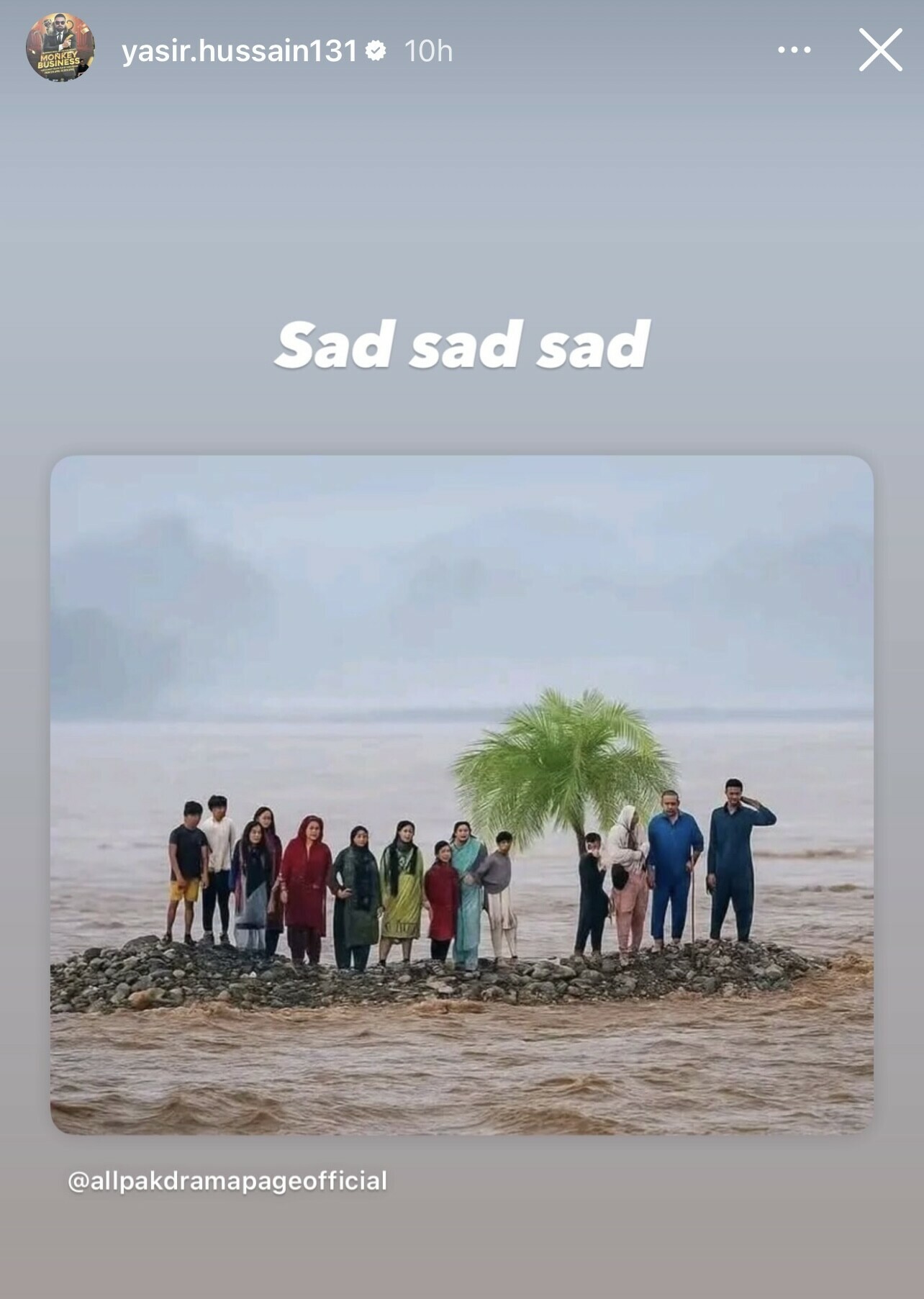Table of Contents
ToggleSwat Tourist Tragedy: Celebs Mourn, Demand Justice

The majestic Swat Valley, often hailed as the “Switzerland of Pakistan,” was recently struck by a heart-wrenching tragedy that has left the nation shaken. What was meant to be a joyful escape into the lap of nature turned into an unimaginable nightmare when a devastating incident involving Swat tourists claimed innocent lives. The incident, widely reported and mourned, sparked a wave of sorrow and outrage among celebrities and the public alike, especially figures like Mahira Khan, Mariyam Nafees, Hadiqa Kiani, and Shaista Lodhi, who took to social media to express their devastation and demand accountability.
A Trip Gone Wrong
According to preliminary reports, the tragedy occurred due to a landslide and heavy flooding in parts of the Swat region, which caught many tourists in the Swat region by surprise. While nature’s fury played a significant role, inadequate infrastructure, lack of timely warnings, and poor emergency response further escalated the situation. Several families who had come to Swat to enjoy the serene mountains, lush green landscapes, and cool climate found themselves trapped, with many losing their lives or sustaining injuries.
Among the victims were children, women, and elderly tourists who had simply ventured out to seek a few days of peace and leisure. Unfortunately, their vacation ended in trauma and irreversible loss.
Celebrity Reactions: Grief Turns Into Rage
The emotional fallout from the tragedy reached far beyond the immediate victims and their families. Renowned Pakistani celebrities—deeply connected with their audiences and often advocates for social issues—were among the first to raise their voices.
Mahira Khan, a beloved actress known for her compassion and advocacy, tweeted:
“This is heartbreaking. Every year, we hear about preventable deaths in our northern areas. We need proper safety measures for our Swat tourists. How many more lives before we act?”
Her post quickly went viral, gathering thousands of retweets and opening a broader conversation about safety in tourist areas.
Mariyam Nafees, who has been vocal about environmental and civic issues, shared photos of the affected families along with a message:
“I was just in Swat a few months ago. The beauty is breathtaking, but so is the negligence. My heart breaks for the families who came to make memories and left with scars.”

Hadiqa Kiani, singer and philanthropist, also weighed in with strong words. Known for her active role in flood relief efforts in 2022, she wrote:
“Another preventable tragedy. We must build systems that protect Swat tourists and not just profit from them. This is not just a natural disaster—it’s a systemic failure.”
Shaista Lodhi, a popular morning show host and doctor, took to Instagram Live and condemned the lack of basic medical aid in the region:
“Where are the ambulances, the field hospitals, the rapid response teams? Tourists in Swat deserve better. This should be a wake-up call for everyone in power.”
The Beauty of Swat and the Need for Protection
Swat Valley, with its panoramic views, cool climate, and hospitable locals, attracts thousands of tourists from across Pakistan and even abroad. The bustling bazars of Mingora, the serenity of Malam Jabba, and the crystal waters of Mahodand Lake make it a favored destination. Yet, as the tragedy shows, Swat tourists face significant risks due to a lack of government oversight and preparedness.
Tourist sites lack adequate signage, safety railings, emergency evacuation plans, and functional helplines. With more people visiting the valley each year, especially during school vacations and Eid holidays, the pressure on the local infrastructure continues to grow. However, the safety protocols have not been updated accordingly.
This incident is not the first of its kind, and unless proper action is taken, it won’t be the last.
Social Media Campaigns and Public Demand
The tragedy ignited a wave of online campaigns. Hashtags like #JusticeForSwatTourists and #SafeTourismPakistan began trending, fueled by celebrity statements and user-generated stories. Emotional video testimonials from survivors painted a grim picture of the chaos—blocked roads, no mobile signals, absence of police or medical aid.
Citizens demanded that the government conduct an independent investigation into the causes of the incident. Many believe that timely intervention and better road management could have saved lives. The tourism ministry, under mounting pressure, issued a statement promising “a complete safety audit of tourist spots across Swat” but failed to provide a timeline or concrete action plan.
Call for Structural Reforms
While grief remains, so does the anger. Prominent voices from the entertainment industry continue to stress that expressing sorrow is not enough. Systematic change is needed. Swat tourists should not have to rely on luck for their safety. Some key reforms being demanded include:
- A national safety guideline for tourist hotspots
- Local tourism offices are equipped with trained emergency personnel
- Real-time weather alerts and evacuation routes
- Mandatory registration and tracking systems for tourists
- Public-private partnerships to develop sustainable tourism
Hadiqa Kiani announced she would be launching a small-scale awareness campaign, along with local NGOs, to educate both tourists and locals about disaster preparedness.
A Nation in Mourning
Funeral prayers were held across different parts of the country for those who died during the incident. The images of grieving parents, destroyed campsites, and washed-out roads served as grim reminders of the fragility of life and the urgent need for responsibility.
Many of the Swat tourists were families from Karachi, Lahore, and Islamabad, who had journeyed long distances for a few days of peace. The tragedy has left countless children orphaned and families destroyed. For survivors, the emotional scars may last a lifetime.
Moving Forward
The Swat tourist tragedy must be remembered not just as a natural calamity, but as a systemic failure. It has exposed the glaring gap between Pakistan’s tourism ambitions and the ground reality of safety and infrastructure. As celebrities like Mahira, Mariyam, Hadiqa, and Shaista use their platforms to demand change, the public must also hold authorities accountable.

Swat deserves to remain a place of peace, not pain. The tourists who lost their lives deserved protection, not platitudes. This tragedy is a loud cry for reform—and a reminder that in a country as beautiful as Pakistan, lives should never be the price we pay for negligence.
